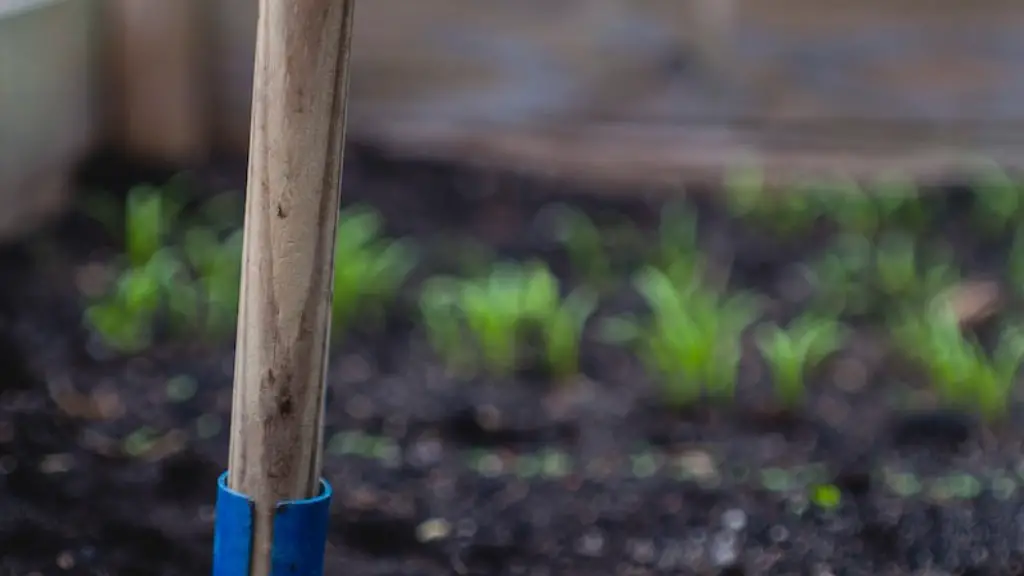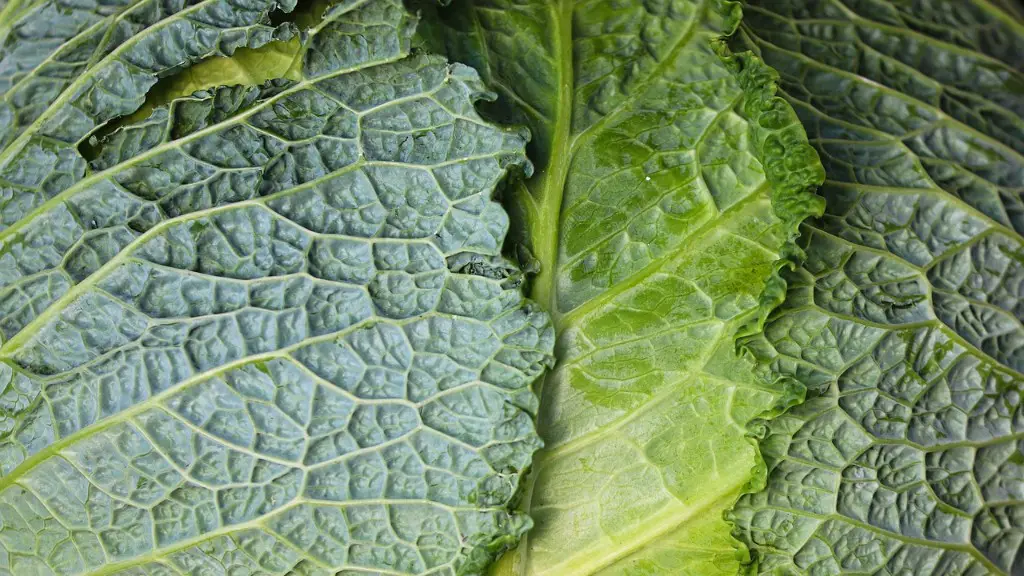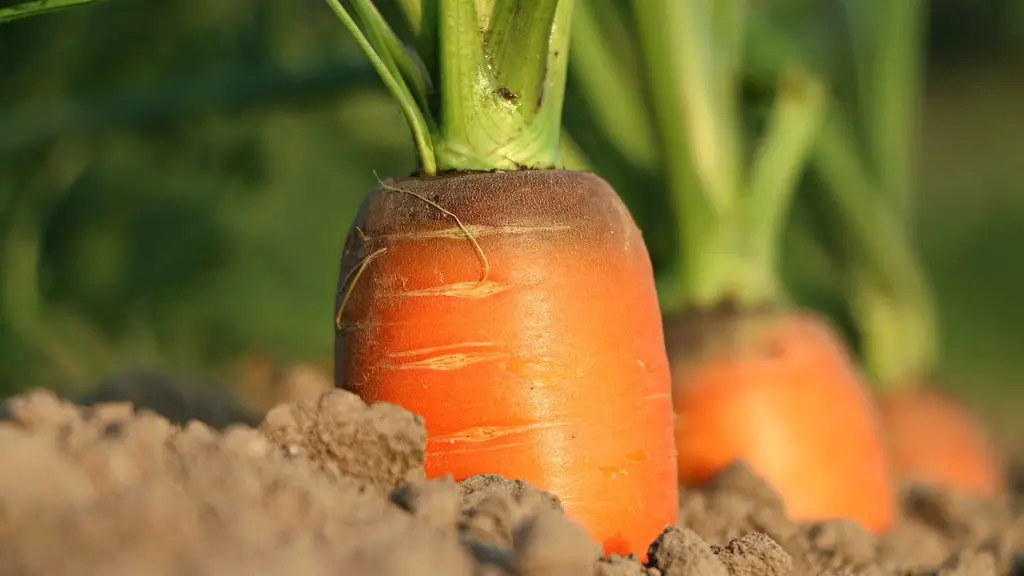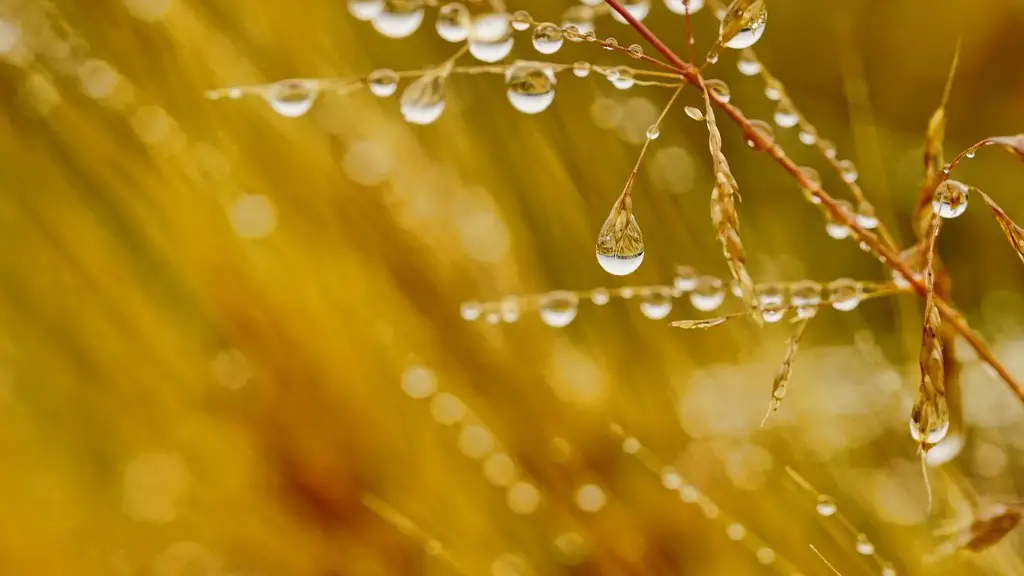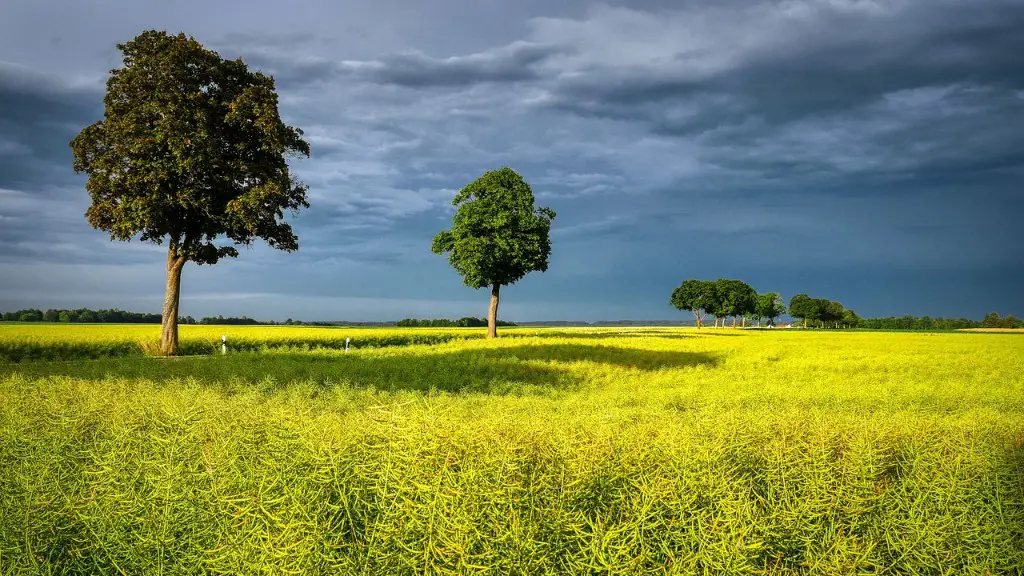Persephone is the Greek goddess of agriculture. She is also the daughter of Zeus and Demeter, and the wife of Hades.
The Greek goddess of agriculture is Demeter.
Who is the Roman goddess of agriculture?
Ceres is one of the most important goddesses in Roman religion. She was the goddess of agriculture, grain crops, fertility and motherly relationships. Ceres was the only one of Rome’s many agricultural deities to be listed among the Dii Consentes, Rome’s equivalent to the Twelve Olympians of Greek mythology. She was a very popular goddess and was worshiped by many people.
Demeter became the goddess of agriculture due to her knowledge and ability to teach humans how to plant, plow, and nurture the earth to provide food. Her Roman name was Ceres, which is where we get the word “cereal” from.
Who is the Greek God of grain and harvest
Demeter is one of the most important goddesses in Greek mythology and is considered the mother of all things. She is the goddess of the harvest and of fertility, and is also responsible for the seasons. Demeter is a kind and loving goddess, but she can also be fierce and vengeful.
Demeter is the goddess of agriculture and fertility. She is responsible for the bounty of the land and the healthy growth of crops and animals. She is often depicted holding a sheaf of wheat or a cornucopia, symbols of the abundance she provides.
Who is the Egyptian goddess of agriculture?
Renenutet was a goddess of nourishment and the harvest in the ancient Egyptian religion. The importance of the harvest caused people to make many offerings to Renenutet during harvest time. Initially, her cult was centered in Terenuthis.
Juno is a popular goddess among Roman women. She is the goddess of marriage and her name is the source for the name of the month of June. She is also the goddess of childbirth and in that role she is called Juno Lucina, which means Juno Who Brings to Light. Juno is a popular goddess because she is associated with two of the most important aspects of Roman life: marriage and childbirth.
Did Apollo have a child?
Apollo was one of the most important and widely worshipped of the Greek gods. He was the god of the sun, music, healing, and prophecy. As with the other major divinities, Apollo had many children; perhaps the most famous are Orpheus (who inherited his father’s musical skills and became a virtuoso with the lyre or kithara), Asclepius (to whom he gave his knowledge of healing and medicine) and, according to the 5th-century BCE tragedian Euripides, the ill-fated Trojan prince Paris.
In addition to Zeus, Demeter had a lover, Iasion (a Cretan), to whom she bore Plutus (Wealth; ie, abundant produce of the soil). This was an important part of her mythology, as it helped to explain her powers over nature, and how she was able to bring fertility to the land.
What did Zeus do to Demeter
Demeter is the goddess of the earth and grain, and is the sister to Zeus, Poseidon, and Hades. Zeus betrayed her by his involvement in the rape of Persephone, and Demeter left Mount Olympus to wander among men. Because of this, she is sometimes not counted among the Olympians, even though a throne on Olympus is her birthright.
Artemis is one of the most popular goddesses in Greek mythology. She is the daughter of Zeus and Leto, and the twin sister of Apollo. She is the goddess of wild animals, the hunt, and vegetation. She is also known for her chastity and her ability to assist in childbirth. Among the rural populace, Artemis was the favourite goddess.
Is there a Greek God of food?
The Ancient Greeks were a farming people, and so the goddess of the harvest, Demeter, was very important to them. She was the one who blessed the fields and made the crops grow, and so the people would have starved without her.
Harvest is a time of celebration and thanksgiving, and Demeter is the goddess who presides over it. She is the goddess of agriculture, fertility, and the natural cycle of life and death. It was she who created the seasons, in response to her daughter Persephone’s kidnapping by Hades. Every autumn, when the crops are harvested and the days grow shorter, it is a reminder of Persephone’s time in the underworld, and of the bountiful harvest that will come again in the spring.
How many wives did Zeus have
Zeus had seven wives, whom he divorced and married according to his whim. His first wife was the Oceanid Metis, whom he swallowed on the advice of Gaia and Uranus, so that no son of his by Metis would overthrow him, as had been foretold. Later, their daughter Athena would be born from the forehead of Zeus.
Persephone is one of Greece’s most popular myths. She is the daughter of Zeus and Demeter, and she is the goddess of spring. When she was young, her father abducted her and took her to the underworld, where she became the queen of the dead. Her mother was so distraught that she stopped the flow of spring. Eventually, Persephone was allowed to return to the upper world for part of the year, and that is why we have spring and winter.
Who is Hera the queen of?
Hera is the most important goddess in the Greek pantheon. She is the Wife and Sister of Zeus, the Queen of Olympus, and the goddess of marriage and childbirth. Hera is also the patron goddess of Argos, Thebes, and Sparta.
Mbaba Mwana Waresa is a fertility goddess of the Zulu religion of Southern Africa. She is known as the “mother of the earth” and rules over rainbows, agriculture, harvests, rain, and beer. She is a powerful goddess with the ability to control water and earth. Her worshippers believe that she can bring fertility and abundance to the land.
Who is the goddess of fruits and vegetables
Pomona is a Roman goddess of fruit trees, gardens, and orchards. Unlike many other Roman goddesses and gods, she does not have a Greek counterpart, though she is commonly associated with Demeter. She watches over and protects fruit trees and cares for their cultivation.
The Floralia was a festival in honor of the goddess Flora, held annually in Rome from April 28 to May 3. It was first instituted in 238 BCE, and was the oldest and longest-running festival in the Roman calendar. The Floralia was a time of merriment and games, with concerts and theatrical performances. It was also a time for feasting and drinking, and for giving gifts of flowers and plants. The festival was a celebration of spring and of the fertility of the earth.
Conclusion
The Greek goddess of agriculture is Demeter.
The Greek goddess of agriculture is Demeter. She is the daughter of Cronus and Rhea, and the sister of Zeus, Poseidon, and Hades. She is the wife of Zeus and the mother of Persephone.
